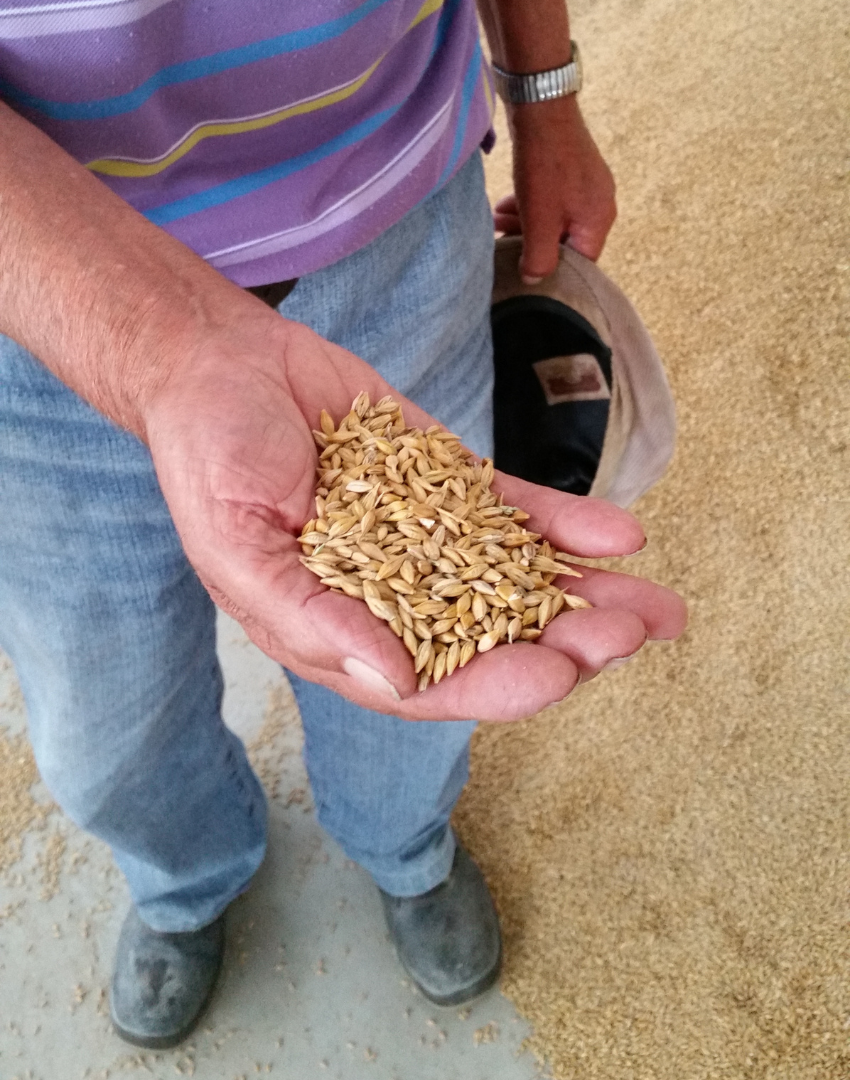Our philosophy
Enhancing the value of agricultural labor
We believe in the strength of small-scale farming and sustainability. Our mission is to preserve biodiversity and promote responsible agriculture. Every day we work to ensure that our farming methods respect the environment and people's health. Choosing Fior d'Orzo means choosing a better future for everyone.
The importance of people working the land is critical for multiple reasons, and their presence is increasingly crucial in a world facing environmental, climate and economic challenges. Here are some key points:
➤ Food Sustainability: Farmers ensure access to fresh, healthy food that is essential to our well-being.
➤ Preservation of Traditions: They preserve local agricultural traditions and typical products, keeping cultural diversity alive.
➤ Economic Impact: Agriculture creates jobs and supports the local economy, especially in rural areas.
➤ Environmental Preservation: They adopt sustainable practices to protect biodiversity, soil and water resources.
➤ Climate Change Response: They must adapt to climate change, requiring training and support to meet future challenges.
➤ Back to the Earth: Interest in organic farming and zero-mile produce values the work of local farmers.

Protecting Tuscany's traditions and landscape
Failure to invest in the training and support of new generations of farmers risks losing not only our gastronomic excellence but also our ability to sustain a healthy and sustainable food system. It is therefore crucial to recognize and value the work of those who cultivate the land, ensuring that their role is supported and appreciated.
We emphasize the importance of agricultural work in maintaining and enhancing the Tuscan rural landscape. Tuscany is famous for its hills, vineyards, olive groves and wheat fields, all of which contribute to its beauty and cultural heritage.
Investing in the agricultural future
When lands are not cultivated, a process of abandonment can occur, with the growth of wild vegetation and the loss of traditional landscape features. This not only affects aesthetics, but can also affect biodiversity, land management, and the local economy.
In addition, agricultural work is essential for the production of quality food and the preservation of local traditions. The presence of farmers working the land helps keep sustainable agricultural practices alive and preserve the cultural identity of the region.
To address this challenge, it is important to promote initiatives that incentivize young people to return to agriculture, invest in sustainable practices, and enhance local products so that Tuscany's rural landscape can continue to thrive and be valued.
